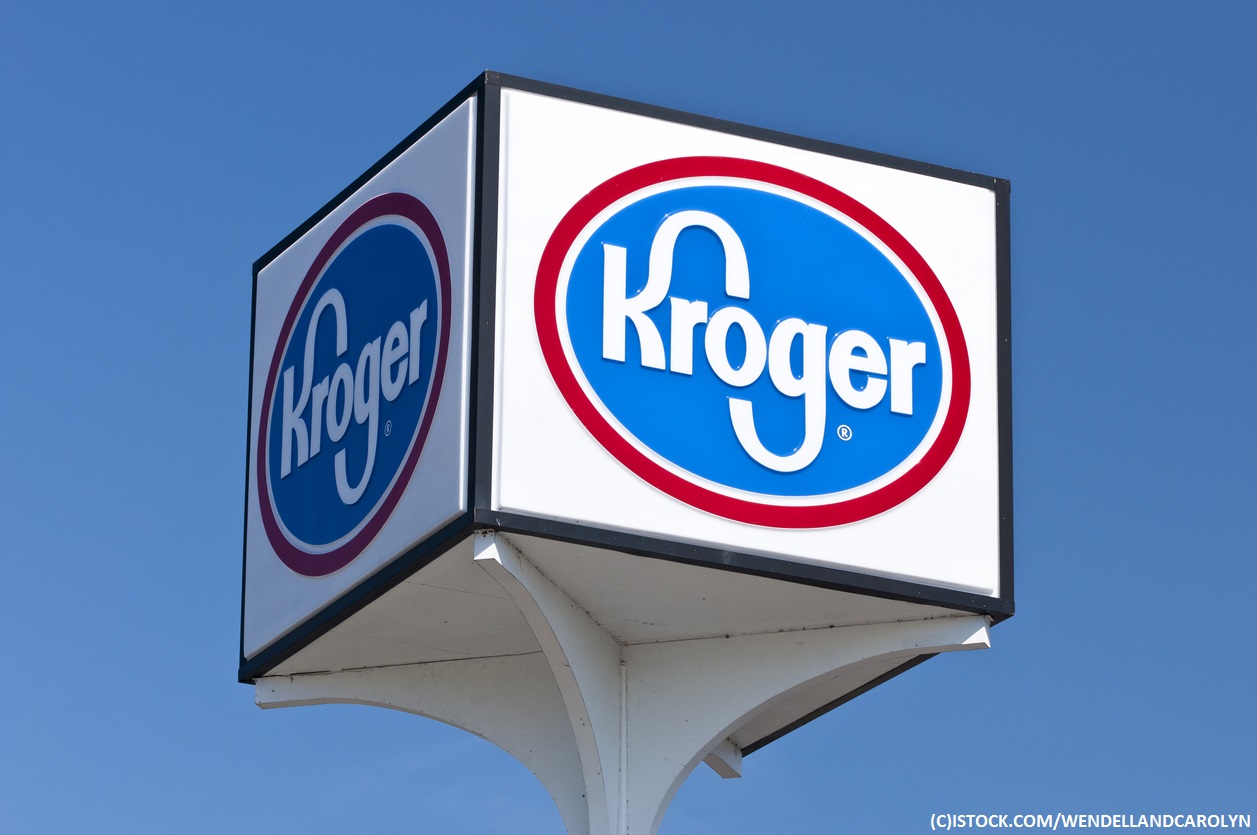
Retail giant Kroger has announced the launch of a new product which aims to provide brands and suppliers with more transparent sales attribution.
The new feature, from Kroger Precision Marketing (KPM), the company’s media advertising business, will mean brands can view in-store and online sales results attributed to campaigns across Kroger properties, with Kroger applying only 100% verified transactions from in-store and online customers.
For marketers hoping to determine whether their prospect’s interest and subsequent sale was piqued by a phone ad, online ad, or another channel, things may have gotten easier.
The solution utilises Microsoft’s PromoteIQ product, based on the eCommerce startup acquired by Microsoft last year. PromoteIQ offers a ‘powerful technology suite’, as the company puts it, noting the trend of retailers opting to take control of native advertising.
The PromoteIQ commerce marketing platform currently powers various sponsored product adverts on Kroger websites and mobile apps, as a blog post from Alex Sherman, CEO and co-founder of PromoteIQ, explained. “Whether the purchase is made in-store with cash or online via credit card, brands are now able to track shopper impact of their ad campaigns all the way through to purchase,” wrote Sherman. “As a result, marketers can now better understand campaign performance and optimise media investment against true return on ad spend.”
“The digital advertising world is plagued with inaccurate data. It has forced marketers to ask tough questions about their media choices,” added Cara Pratt, VP commercial and product strategy for Kroger Precision Marketing at 84.51. “KPM has vowed to be a transparent and accountable media partner to [consumer packaged goods providers] and Microsoft PromoteIQ has been an important addition for us to do that.
“We have the best data, the right expertise, and the tools to measure business impact,” said Pratt.
Kroger’s move to Microsoft should not come as a surprise. At the start of last year, the company was one of various retailers who signed cloud contracts with Microsoft Azure. The move saw two pilot stores in Ohio and Washington be equipped with smart technology to improve customer experience, as well as putting together ‘retail as a service’ offerings.
The move did not get as many headlines as it should have. Albertsons’ move to Azure at a similar time caused ripples as a result of CIO Anuj Dhanda noting Azure was chosen, among other reasons, for not being a competitor. Kroger, alongside Albertsons’ and Walgreens Boots Alliance, were therefore seen as retailers looking to eschew Amazon for wider technological initiatives.
Amazon’s imminent move into the grocery business should not be seen as altogether bad news for Kroger, according to Motley Fool writer James Brumley. Writing in November, Brumley argued Kroger has an already established physical retail footprint, is embracing tech, and its management understands the landscape.
“[Kroger] may not have been entirely ready for the advent of Amazon Fresh or Walmart’s foray into kerbside pickup, but the iconic grocery store chain is now melding tech and food shopping just as well as Amazon likely will,” wrote Brumley.
 Interested in hearing leading global brands discuss subjects like this in person?
Interested in hearing leading global brands discuss subjects like this in person?
Find out more about Digital Marketing World Forum (#DMWF) Europe, London, North America, and Singapore.





